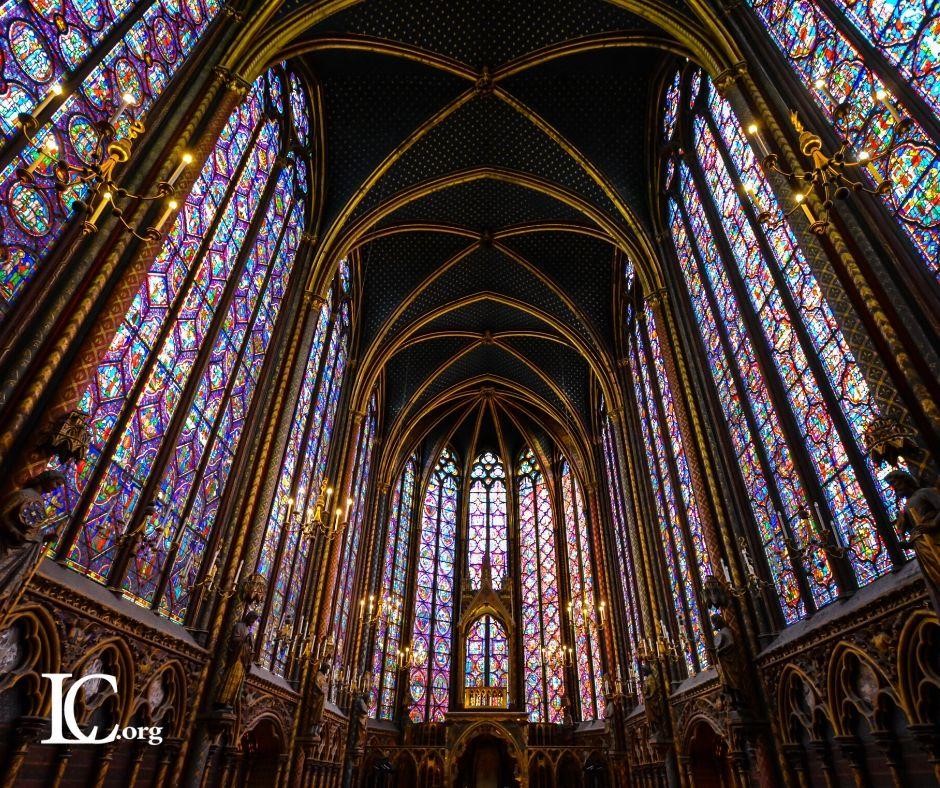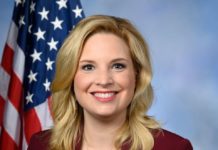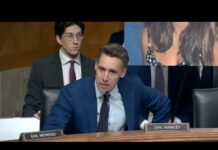After the recent ruling from the U.S. Supreme Court granting an emergency petition for an injunction pending appeal on behalf of New York City synagogues and Roman Catholic churches in Roman Catholic Diocese of Brooklyn v. Cuomo and Agudath Israel v. Cuomo, churches in Colorado, New Jersey and California have now received favorable court decisions regarding unconstitutional worship bans.
The High Court previously granted cert and vacated the lower court orders involving the emergency petition of Harvest Rock Church and Harvest International Ministry in their federal lawsuit against California Governor Gavin Newsom’s unconstitutional worship ban in light of Roman Catholic Diocese of Brooklyn v. Cuomo. However, after the district court failed to abide by the High Court’s instructions, Liberty Counsel filed a renewed application to the Justices on behalf of the churches asking for an injunction.
In Colorado, Governor Jared Polis has finally dropped Colorado’s COVID unconstitutional limits on religious gatherings and declared that houses of worship are essential and removed attendance caps on worship effective December 7. The governor reversed course and took this action because of the Supreme Court’s decision in Liberty Counsel’s case of Harvest Rock Church and Harvest International Ministry in California and the Court’s ruling in favor of New York churches and synagogues in Roman Catholic Diocese of Brooklyn v. Cuomo.
Today, the High Court ruled in favor of churches in High Plains Harvest Church v. Polis. Justice Kagan, joined by Justices Breyer and Sotomayor, dissented in a brief opinion contending the case was moot because Colorado had already lifted the 50-person cap. The High Court treated the application for an injunction pending appeal as a petition for a writ of certiorari, granted the petition, and sent the case back to the district court for further consideration in light of the Roman Catholic Diocese decision.
In New Jersey, the High Court decided in favor of Reverend Kevin Robinson, a Catholic parish priest, and Rabbi Yisrael Knopfler, leader of an Orthodox Jewish synagogue in New Jersey in their lawsuit against Governor Philip Murphy’s indoor “gathering” restrictions. Despite the decline of COVID deaths and hospitalizations to near zero in the state, houses of worship are still limited to holding indoor religious worship at no more than 25 percent capacity. The Justices granted the application for injunctive relief as a petition for a writ of certiorari and sent the case back to the Third Circuit Court of Appeals in light of the Roman Catholic Diocese decision.
iIn California, a Superior Court blocked Governor Gavin Newsom from enforcing his unconstitutional discriminatory COVID-19 orders on Father Trevor Burfitt and his Catholic parishes. Father Burfitt, a member of the Society of St. Pius X, oversees mission churches in Kern, Los Angeles, San Bernardino and San Diego counties. Kern County Superior Court Judge Gregory Pulskamp issued a preliminary injunction preventing Governor Newsom from discriminating against indoor worship for Burfitt and his Catholic parishes. The court’s decision took issue with the governor’s “Blueprint for a Safer Economy” and regional stay-at-home orders, which failed to treat churches in a way “equal to the favored class of entities.” Judge Pulskamp ruled that the state had failed to establish that health risks associated with church were greater than those for “essential businesses” such as “big-box retail stores, grocery stores, home-improvement stores, airports, train stations, bus stations, movie production houses, warehouses, factories, schools, and a lengthy list of additional businesses.”
The court cited Liberty Counsel’s case, Harvest Rock Church v. Newsom, and the Roman Catholic Diocese decision.
“The free exercise of religion clause in the California Constitution prohibits Defendants from treating religious activities worse than comparable secular activities,” Judge Pulskamp said in his ruling. “California’s current COVID-related restrictions do exactly that.”
Judge Pulskamp noted that the court “wholeheartedly agrees with the following sentiment: ‘Members of this Court are not public health experts, and we should respect the judgment of those with special expertise and responsibility in this area. But even in a pandemic, the Constitution cannot be put away and forgotten. The restrictions at issue here, by effectively barring many from attending religious services, strike at the very heart of the First Amendment’s guarantee of religious liberty. Before allowing this to occur, we have a duty to conduct a serious examination of the need for such a drastic measure.’ (Roman Catholic Diocese, supra, at p. 3.)”
Liberty Counsel Founder and Chairman Mat Staver said, “The impact of the Supreme Court rulings is a welcome relief. Tyrannical governors must let the captives go free. Some governors have become power-hungry and now the courts are agreeing that it’s past time to end these restrictions on places of worship.”
















